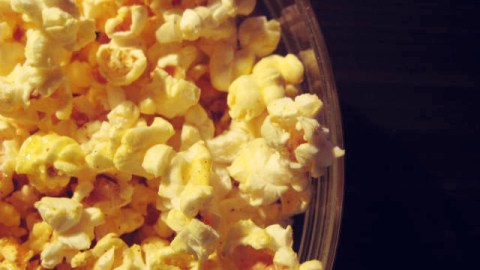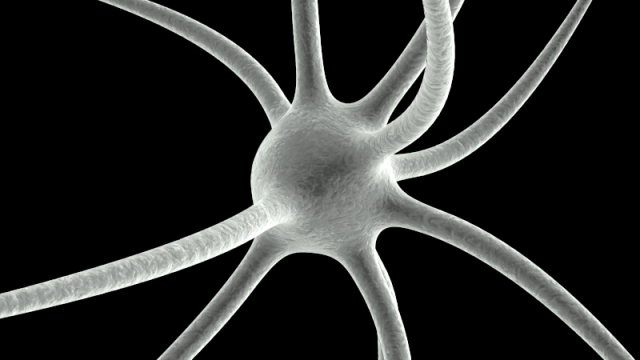Advertisements Create False Memories

What’s the Latest Development?
In a new study, published in The Journal of Consumer Research, 100 undergraduates were introduced to a new fictional popcorn product. Some subjects viewed low-imagery text ads, which described the snack’s delicious taste. Others watched a high-imagery commercial, in which happy people enjoyed this popcorn in their living room. Some subjects were then given samples of the product, some were not. One week later, many subjects who had seen the image-heavy ad reported having sampled the product when in fact they hadn’t.
What’s the Big Idea?
Never mind that we find commercial interruptions annoying, they are affecting how we recall our own lives. “The scientists refer to this as the ‘false experience effect,’ since the ads are slyly weaving fictional experiences into our very real lives. ‘Viewing the vivid advertisement created a false memory of eating the popcorn, despite the fact that eating the non-existent product would have been impossible,’ write Priyali Rajagopal and Nicole Montgomery, the lead authors on the paper. ‘As a result, consumers need to be vigilant while processing high-imagery advertisements.'”




